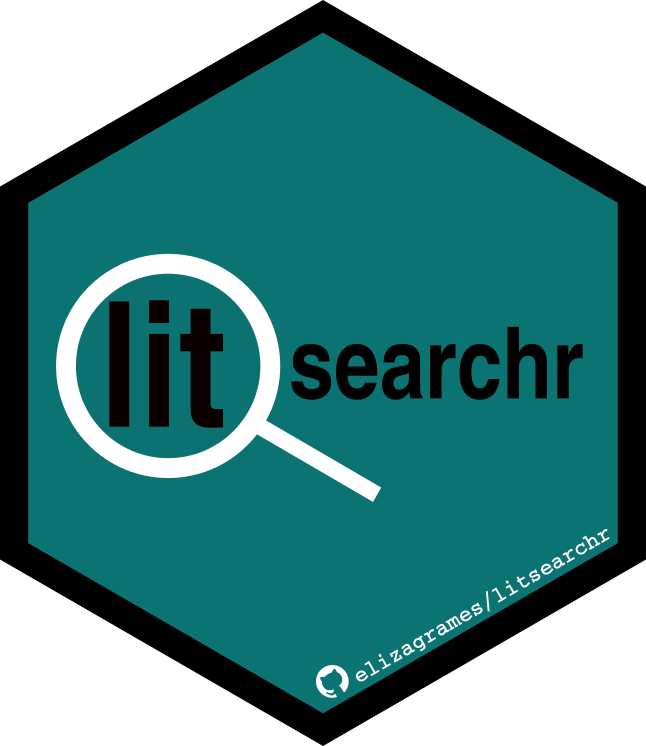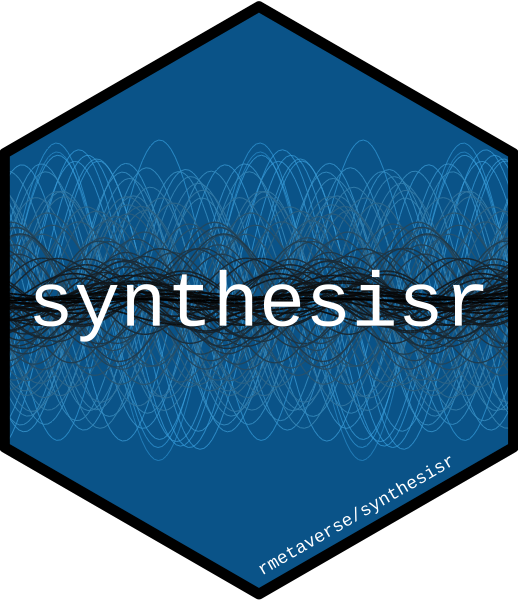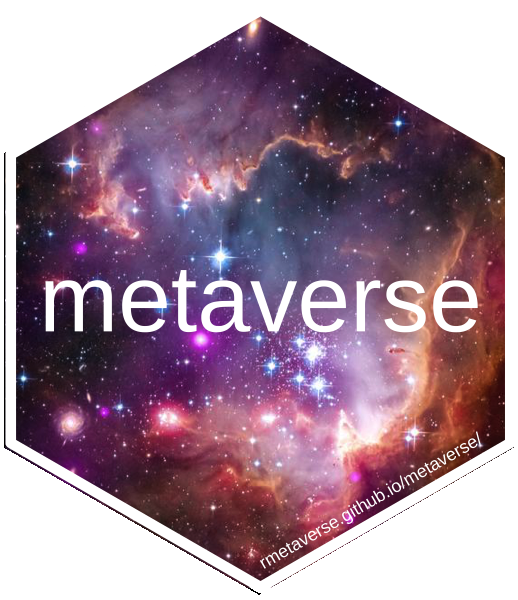Software
To help others apply my the methods I develop, I have created a handful of R packages that can be downloaded via my GitHub page or using devtools::install_github(); see individual packages for installation instructions.

litsearchr: automated search term selection for systematic reviews
Systematic review, meta-analysis, and other forms of evidence synthesis require researchers to identify the body of evidence relevant to their research question. Partially automating evidence synthesis would reduce the amount of human time and effort needed to conduct a systematic review and reduce bias in keyword selection when researchers develop search strategies. This package facilitates quick, objective, reproducible search strategy development using text-mining and keyword co-occurrence networks to identify important terms to include in a search strategy as described in Grames et al. (2019). It can automatically write Boolean search strings in up to 53 different languages, with stemming support for English. To assess the quality of a search, it can also check the results of a search against a set of known, relevant articles to get performance metrics.
https://elizagrames.github.io/litsearchr
synthesisr: import, assemble, and deduplicate bibliographic datasets
A critical first step in systematic literature reviews and mining of academic texts is to identify relevant texts from a range of sources, particularly bibliographic databases. These databases often export in different formats or with different metadata tags. synthesisr imports bibliographic data from a range of formats (such as 'bibtex', 'ris', or 'ciw') in a standard way, and allows merging and deduplication of the resulting dataset.
https://CRAN.R-project.org/package=synthesisr
topictagger: automated topic and metadata tagging for evidence synthesis
Since many types of metadata, such as location of study or focal species, also function as eligibility criteria to include studies in a synthesis, the total amount of time spent considering metadata for a systematic map could be upwards of 100 hours. topictagger partially automates the process of tagging metadata and document topics for evidence synthesis. Given a hierarchical ontology of relationships between entitites, a set of articles with known topics, or a set of terms associated with a topic, topictagger will tag metadata from an ontology or classify articles by probable topics (e.g. outcomes) and return probable topics and metadata tags for each article. For an application of topictagger, check out the InsectGapMap project.
https://github.com/elizagrames/topictagger
hypoweavr: graphical synthesis and analysis of linked hypotheses
Conceptual models are necessary to synthesize what is known about a topic, but the process of developing conceptual models based on hypotheses in the literature has high potential to be biased or incomplete. hypoweavr implements a method to systematically extract hypotheses from the literature, merge them into a linked graph, and use network analyses to identify links between previously disconnected concepts, explore trends in thinking about a topic over time, or identify important hypotheses.
https://github.com/elizagrames/hypoweavr
metaverse: an R ecosystem for meta-research
Evidence synthesis (ES) is the process of identifying, collating and synthesising primary scientific research (such as articles and reports) for the purposes of providing reliable, transparent summaries. The goal of the metaverse project is to collect, integrate and expand the universe of available functions for ES projects in R.
https://rmetaverse.github.io/climetric: processing climate and weather data
This package is still in development and is far from fool-proof (user beware!). It contains a suite of functions for downloading and processing weather and climate data from TerraClimate for regions or sites and calculating various measures of climate change such as multivariate departure from baseline conditions and different characterizations of climate change trends over time. Stay tuned for updates or get in touch if you want to collaborate and are looking for climate data as a predictor for an ecology or conservation project.
https://github.com/elizagrames/climetric